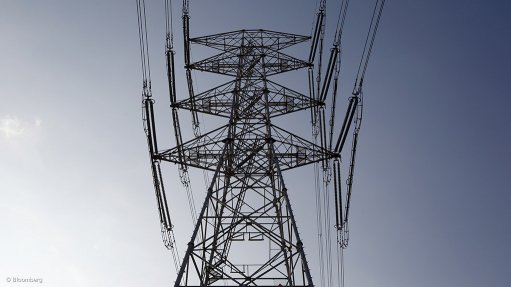
Photo by: Bloomberg
I have today written to the Speaker of the National Assembly, Baleka Mbete, requesting an urgent debate in Parliament on the negative implications of Eskom’s proposed 25.3% electricity tariff increase will have on the Reserve Bank’s determination of interest rates. This will have a direct adverse effect on the cost of living and our economy’s ability to create jobs.
If electricity tariffs were further increased, it would in all likelihood result in an interest rate hike as the inflation outlook would accelerate outside the Reserve Bank’s 3%-6% target band. This means higher cost of living for every South African, as food and transport costs would increase significantly.
In his sternest warning yet, Reserve Bank Governer, Lesetja Kganyago, last week said that leaving interest rates unchanged “cannot be maintained indefinitely”, and that the interest rate outlook depends largely on Nersa’s decision whether or not to grant Eskom an additional 12.6% tariff increase. Nersa is expected to make a decision on 29 June.
While Eskom has already increased electricity tariffs by 12.67% for the year, a further 12.6% increase will bring the total tariff increase to over 25% for the 2015-16 year. It is estimated that a 15% to 25% increase in electricity tariffs will cost the economy about R10 - 16 billion.
While Eskom continues to pose a major risk to our economy in the form of unending power outages, increased inflation as a result of additional tariff hikes will further constrain the economy’s ability to grow and create the millions of jobs unemployed South Africans so desperately need.
Government has fast become a one trick pony. In the absence of any clear and definitive plan to address our country’s dire economic situation, the only solution has been to consistently increase tariffs and taxes in order to finance government. The message from government is clear – South Africans must pay the bill for its inefficiency. This cannot continue any longer.
It is high time for Parliament to exercise its oversight role in this regard, and a debate on this matter is of utmost importance.
Issued by DA